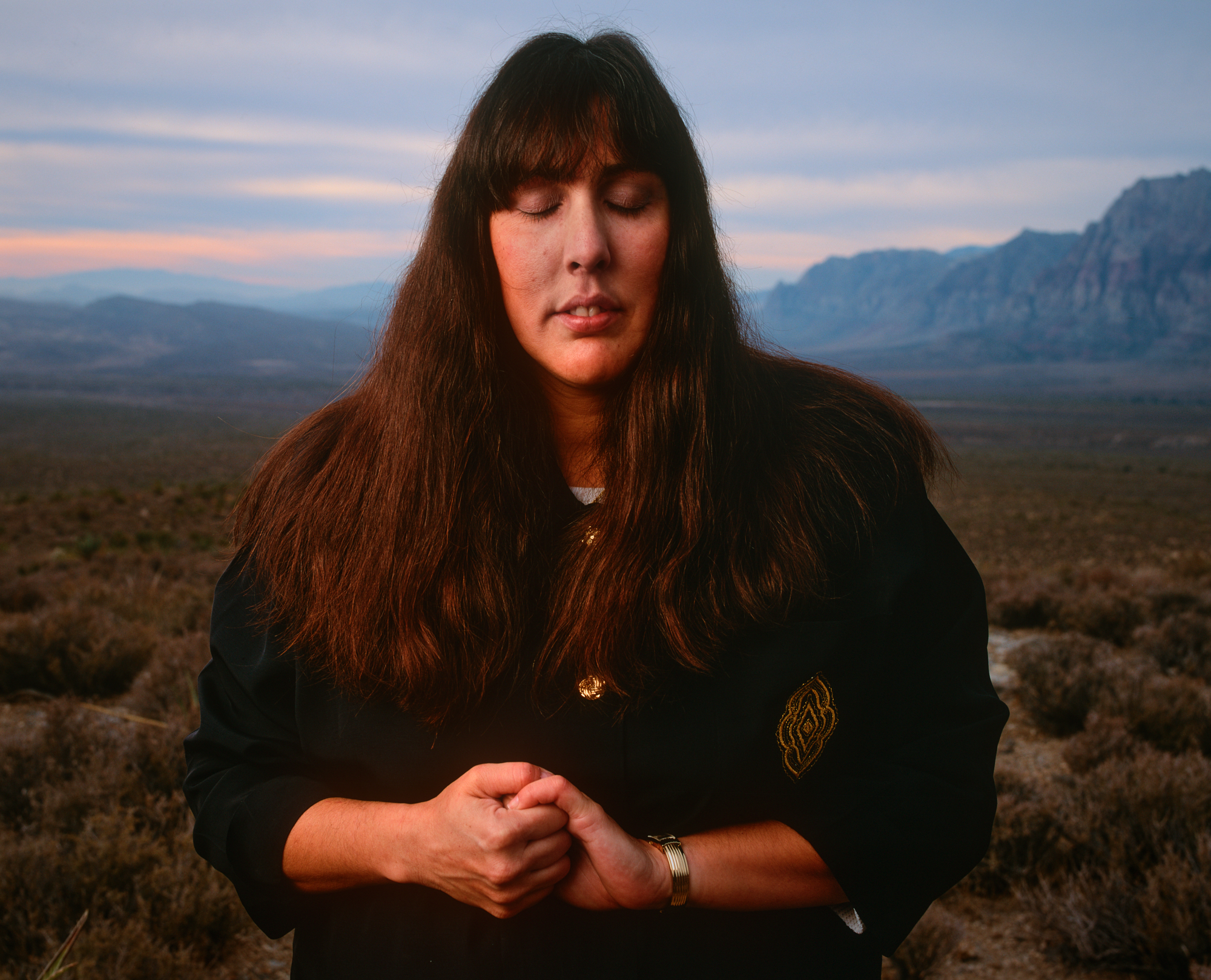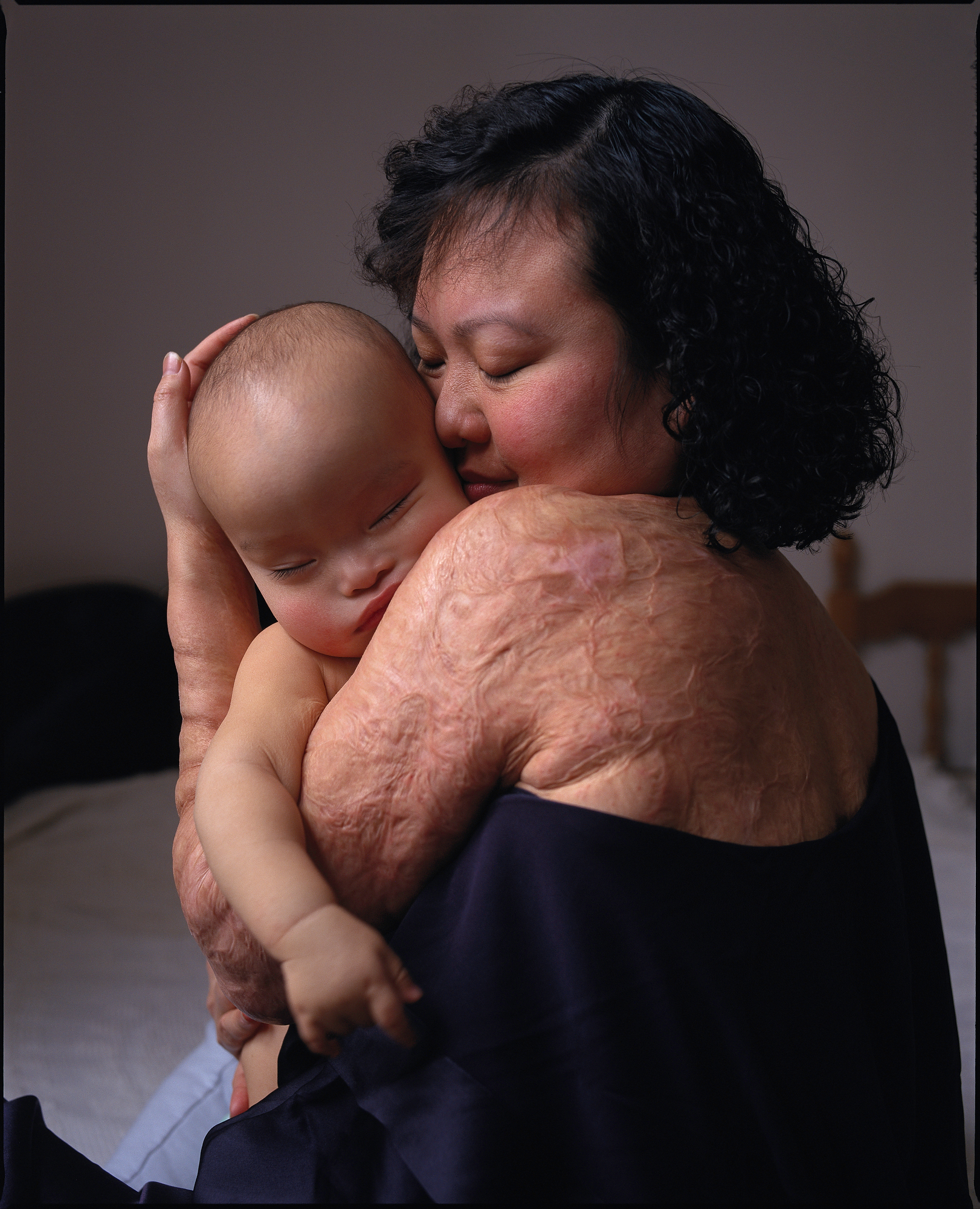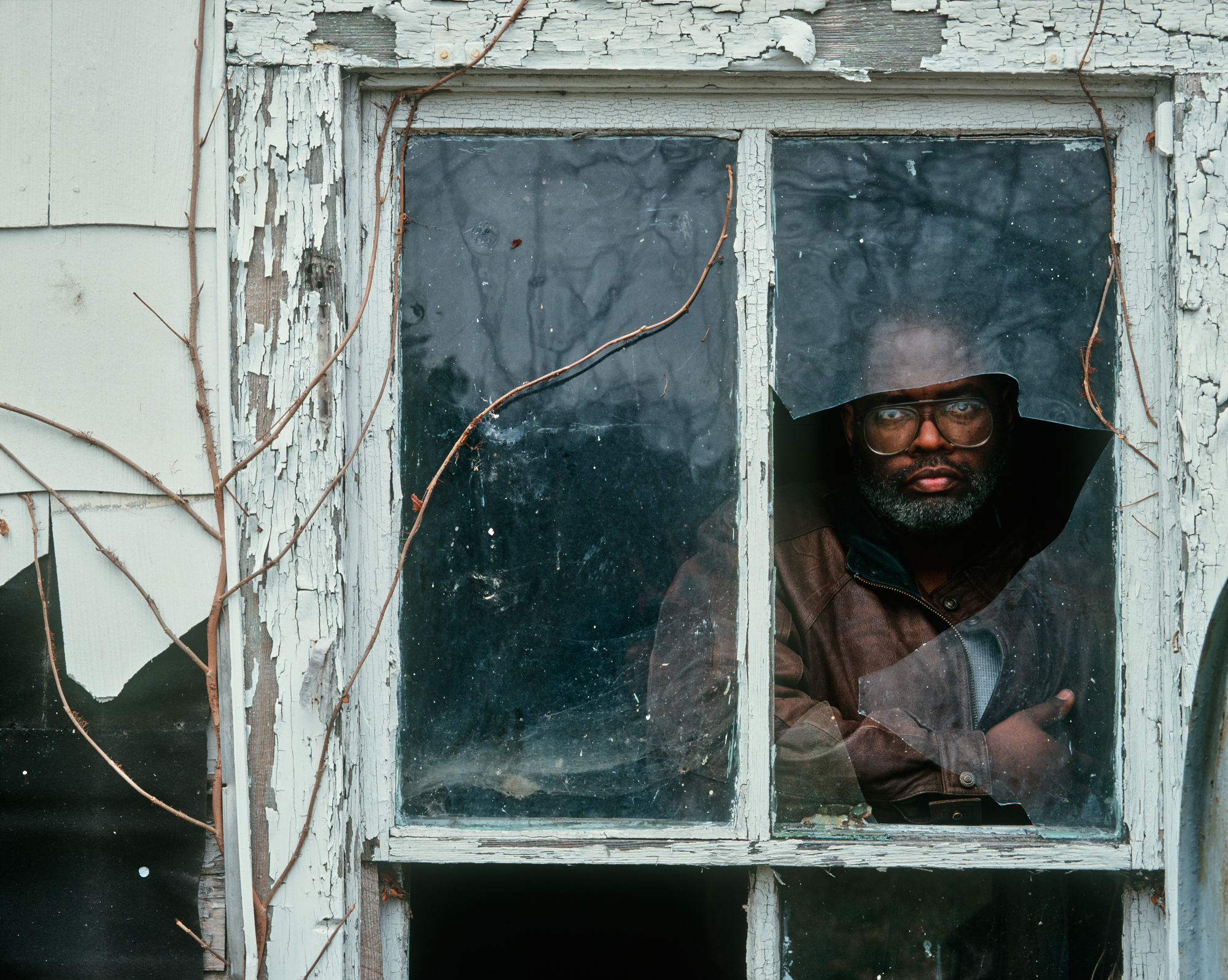Important Slices of Time
April 26, 2021 | Source: Monroe Gallery of Photography
April 26, 2021
In the spring of '95, I was a staff photographer at LIFE magazine, and was assigned to photograph the subjects of four famous, Pulitizer Prize winning photos, all taken some twenty five years or so previous. One of them, Mary Ann Vecchio, as a teenage runaway, was photographed by John Filo, leaning over the body of a dead student at Kent State University, on May 4th, 1970. The Washington Post Magazine recently took a look at Mary Ann's life. It's a beautifully written, reflective piece by Patricia McCormick.
Slices of time is an oft used expression in the realms of still photography. It refers, I think, to the essential conundrum of what we do. Life flows, time moves. In equivalently relentless fashion. And we face off against these ever sluicing torrents with a "still" camera in our hands. A machine designed to stop time. Could any challenge be more quixotic, on the face of it? The digitally driven world around us accelerates, and we're out there shouting, "Hey, wait a minute!"
But, just as time surely, inexorably advances, we continually succeed in our improbable mission. Moving pictures are wonderful and video is all the rage, but for me, my sense of history, of place, of time and life lived, is utterly fixed in still images. Would I remember the Kent State shootings, on that day, as well as I do, if John Filo had not been there, and had the guts and instincts to put his camera to his eye?
No need to show the photo. We all could draw it in our heads. Then 14-year-old Mary Ann Vecchio kneels over the body of Jeffrey Miller, fatally shot, her face a mask of anguished pain.
When you're the subject of a Pulitzer Prize winning photo, as Mary Ann was on that day, your life is no longer a private life. You become a part of history, referred to and much discussed. There was sympathy for Mary Ann, a teenage runaway, but also vitriol and accusations, such as the governor of Florida, where she hailed from, labeling her a "dissident communist." The students were blamed for their own deaths. John Filo was followed by the FBI. Anyone now, in the year 2021, hearing echoes of behavior such as this?
Reading the article in the Post, it was a relief to know Mary Ann is still the person I met years ago in Las Vegas. And indeed the same person even now, quietly living in Florida, going to older neighbors, making visits and delivering meals. Still helping. Others ran away that day. She ran to the body of Mr. Miller, seeking to help. But that decision began an odyssey, one not of her choice. As she says in the article, "That picture hijacked my life."
I chose to photograph Mary Ann in a peaceful setting, outside of Vegas, where she was living at the time. Vulnerable, wounded, but still possessed of a lovely and giving heart. She and John, the author of the photo, have met. John, who's an incredibly decent guy, and works now in NY, also has felt the weight of the photo for all these years. So much emotion, history, and pain in a split second.

I made pictures of four people who were prominently featured in momentous Pulitzer pictures on that assignment for LIFE. The other three are below.
Kim Phuc,

Ted Landsmark,.The Boston lawyer who was speared with the American flag by a racist mob, in a famous photo made by Stanley Forman of The Boston Globe, known widely as The Soiling of Old Glory. He's now a professor.

And Ed Wheatley, who along with fellow students, occupied Cornell's student union for 36 hours, protesting racist practices and a cross burning on the Cornell campus. After an attempt to dislodge them, the protesters armed themselves. Ed led the group out of the building, carrying a rifle, and became, in an instant, part of the history of the tumultuous 60's. He's gone on to a life of community activism, fighting for equality in housing. When I met him he was active in projects to reclaim abandoned and rundown properties. Hence the setting.

I'm guessing, but I imagine the collective shutter speeds on all four of the Pulitzers under discussion most likely amount to less than one second in time.
But, because photographers put their camera to their eye, that second won't pass,.ever.
More tk,.
